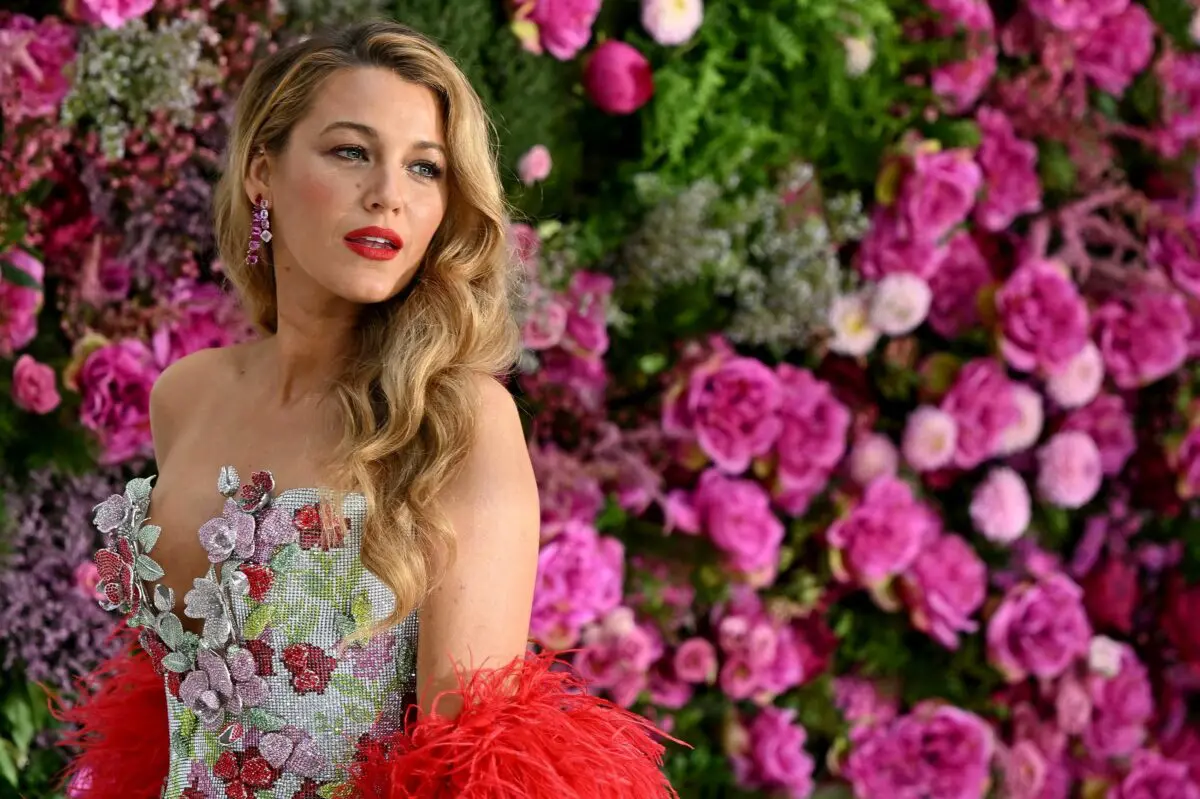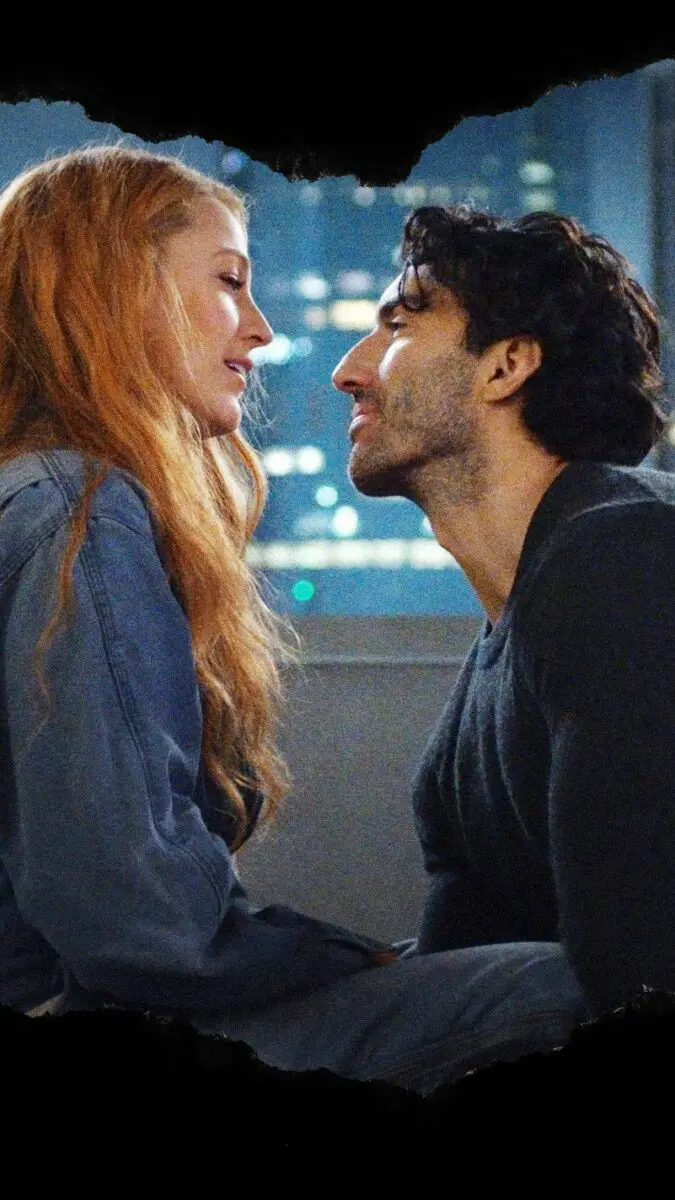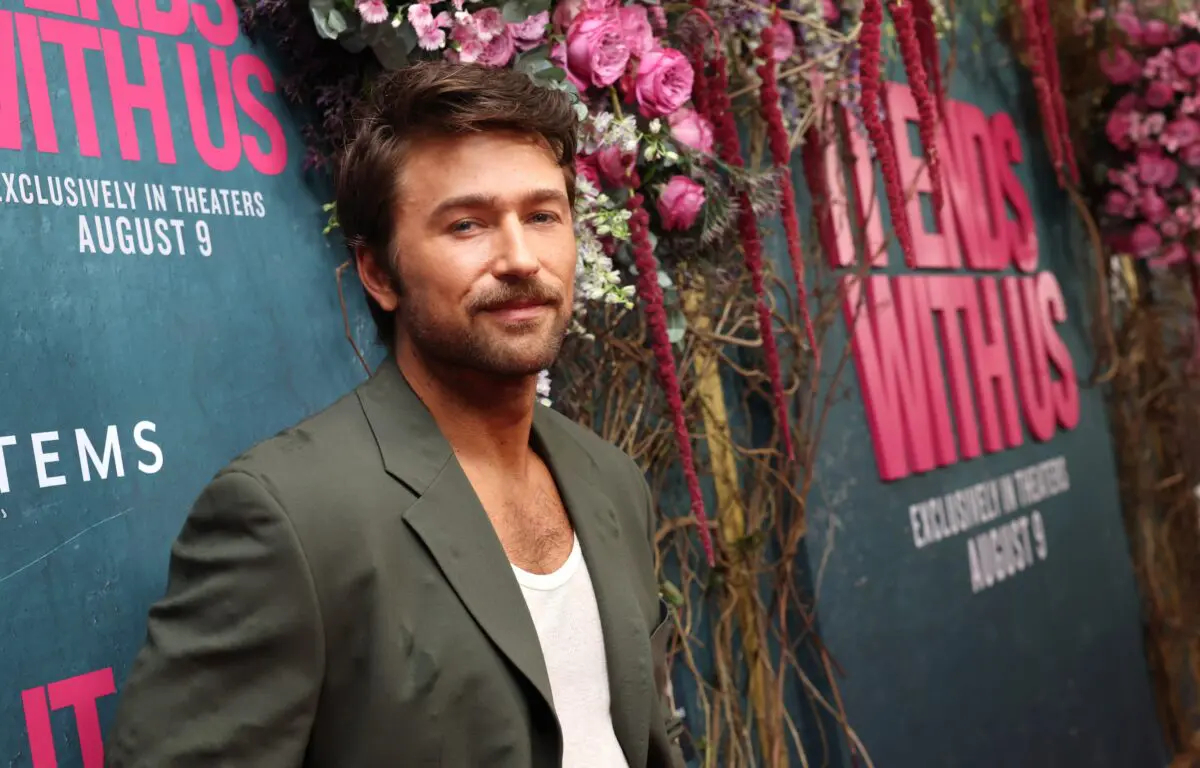The ongoing feud between Blake Lively and Justin Baldoni has intensified recently, particularly following Baldoni’s release of a ten-minute video showing their interactions on the set of the film It Ends With Us. This video has not only drawn significant media attention but has also sparked a fierce response from Lively’s legal team, who argue that it corroborates her allegations of sexual harassment. This article delves into the controversies surrounding the film’s production, the legal battles between the two stars, and the implications of the video release.
As the drama unfolds, the public remains captivated by the twists and turns of the narrative, marked by serious allegations and counterclaims. With a complex mixture of legalities and personal dynamics, this situation serves as a critical commentary on workplace behavior in Hollywood. Lively’s accusations raise important discussions about consent and professionalism in acting environments, particularly when power dynamics are involved, given Baldoni’s dual role as actor and director.
Understanding the Context of the Video Release

The Behind-the-Scenes Tension
The video in question was released by Justin Baldoni’s legal team ostensibly to prove that his actions towards Lively were appropriate and consensual during the filming of It Ends With Us. However, Blake Lively’s attorneys have come out swinging, asserting that the footage actually captures several moments of Baldoni’s inappropriate behavior. The video shows the two actors engaging in what Baldoni’s team describes as a natural on-screen chemistry, but Lively’s legal representation argues it depicts something much more troubling.
In their statement, Lively’s lawyers highlighted that Baldoni was seen leaning in too close, which they insisted was indicative of his overstepping boundaries without prior consent or an intimacy coordinator present. They pointed out that the onus was on Baldoni as both co-star and director to maintain a professional environment. This incident raises broader concerns about the power dynamics at play in the film industry, especially regarding the expectations placed on actors to endure uncomfortable or even predatory behavior.
Reaction to the Released Footage
This aligns with a wider movement in Hollywood advocating for better protections and clearer boundaries for individuals working in the industry. As more revelations about workplace misconduct emerge, the conversation about consent and respect in film and television settings intensifies. The legal briefs and public statements serve not just as defenses but signals to a changing culture in Hollywood.
Legal Battles in the Spotlight

The Lawsuit: Context and Claims
On the legal front, Lively has filed a formal lawsuit against Baldoni, alleging sexual harassment and claiming a hostile work environment during the filming of It Ends With Us. The situation escalated when Baldoni responded with his own lawsuit, accusing Lively of defamation and seeking $400 million in damages. Baldoni’s camp insists that Lively’s claims are unfounded and part of a smear campaign to damage his reputation.
The implications of these lawsuits stretch beyond just the personal lives of those involved; they open up discussions on the broader repercussions on industry practices and expectations. Employees within the entertainment industry often face uncertain realities regarding workplace safety, especially when significant power dynamics exist.
Public Perception and Media Coverage
The media coverage surrounding this legal confrontation has seen a significant focus on the public’s reaction to both parties. Commentators and fans have engaged heavily on social media platforms regarding the ethical implications of the allegations and counterclaims. Public sentiment often sways dramatically, influenced by how each party presents their narrative through the media.
The handling of these allegations points to a need for greater sensitivity and awareness in reporting such issues. Stories of misconduct often become sensationalized, and this case between Lively and Baldoni is no exception. Each side’s narrative is verified by their supporters, adding to the complexity of public opinion regarding their personal and professional images.
The Role of Media in Shaping Narratives

Media Representation of Gender Dynamics
The media plays a crucial role in how these situations are interpreted and understood by the public. In covering Lively’s allegations, there has been a consistent focus on themes such as power imbalance, gender dynamics, and workplace culture in film production. Critics of media coverage sometimes argue that narratives can be overly simplistic or biased, failing to grasp the complexities involved in personal and professional interactions.
The framing of the incident, particularly through sensational headlines or selective quoting, can skew public perception significantly. It’s vital for outlets to navigate these topics with care, ensuring they uphold the stories of victims while also presenting a balanced portrayal of all involved.
Social Media as a Platform for Accountability
Social media has emerged as a powerful tool for individuals to share their experiences and hold others accountable. The public dialogue surrounding Lively and Baldoni serves as a reminder of the impact social media can have on traditional media narratives. Platforms like Twitter, Instagram, and even TikTok have been buzzing with discussions and opinions surrounding the unfolding drama, increasing public engagement and influence while demanding more transparency and accountability.
Throughout this story, various social media campaigns and hashtags have sprung up, with supporters rallying around Lively in her fight against what she perceives as injustice. This level of activism showcases how modern media can provide a voice to those often silenced within established structures.
Implications for Future Productions

Reshaping Industry Standards
This high-profile case brings to light the urgent need for change in industry standards regarding workplace culture and safety. As allegations and stories similar to Lively’s come to the forefront, there is an undeniable push for more robust policies governing behavior on set. It’s essential for studios to implement training programs, establish clearer communication channels, and utilize intimacy coordinators to ensure consent is prioritized in all intimate scenes.
The industry must heed the warnings of these high-profile allegations to protect both the talent involved and the integrity of productions. Creating a culture where allegations are taken seriously and addressed head-on can help to alleviate many underlying issues about safety and respect.
A Call for Solidarity
As discussions spiral out from this specific incident, they inevitably touch on broader themes of solidarity across genders in the industry. The empowerment of voices and allies can potentially reshape the landscape of Hollywood, encouraging openness in reporting and addressing misconduct. Many believe that future productions can benefit immensely if actors and crew members work together to create a supportive environment.
Taking united stands against unacceptable behavior, fostering open communication, and encouraging mutual respect should become leading practices. If changes are made in response to the current climate, it might help prevent similar disputes and promote healthier workplaces for all involved.
Hi, I’m Sarah, a 30-year-old journalist with a passion for storytelling and uncovering the truth. I strive to bring important issues to light and connect with my audience through compelling narratives.



